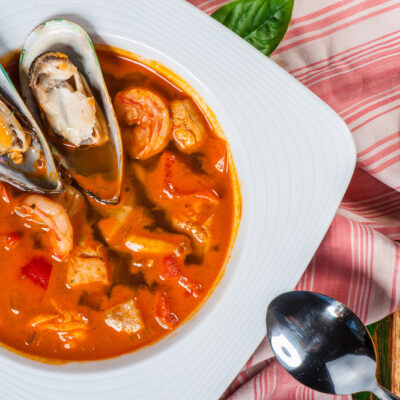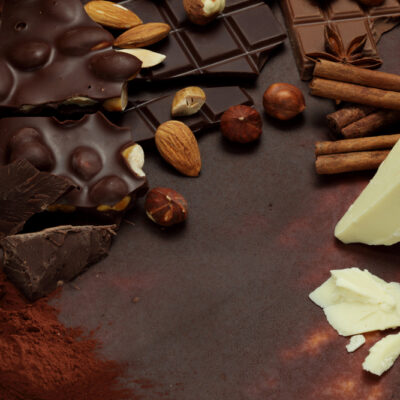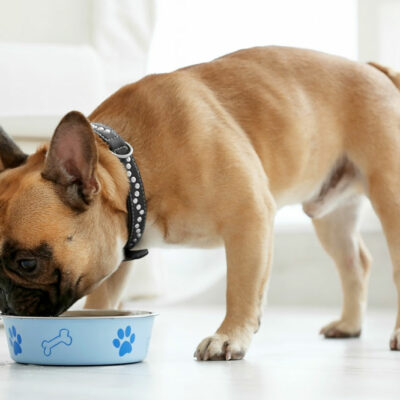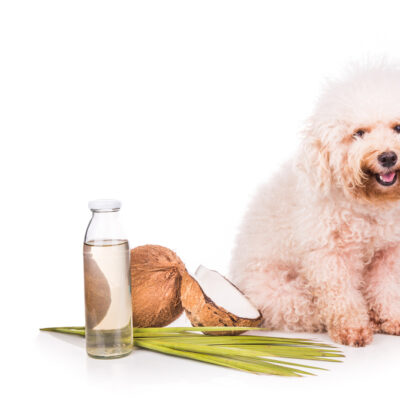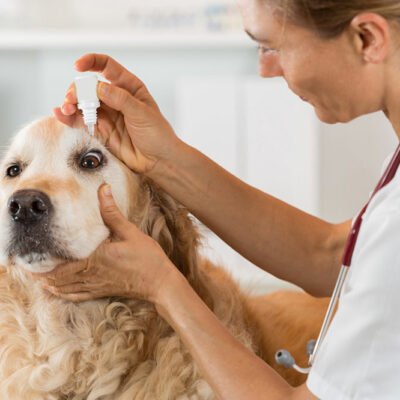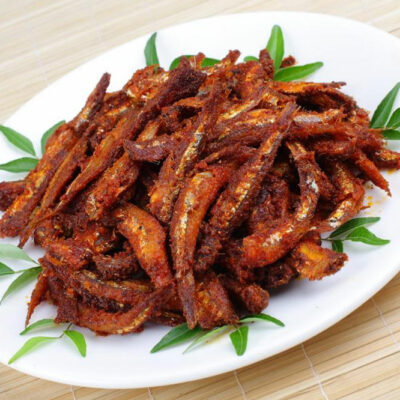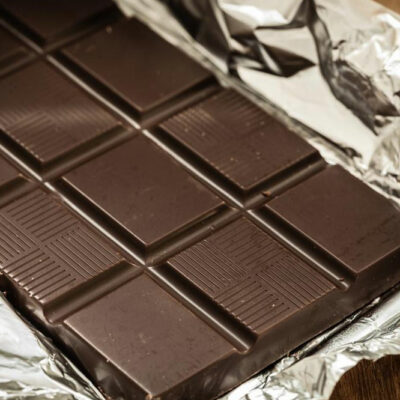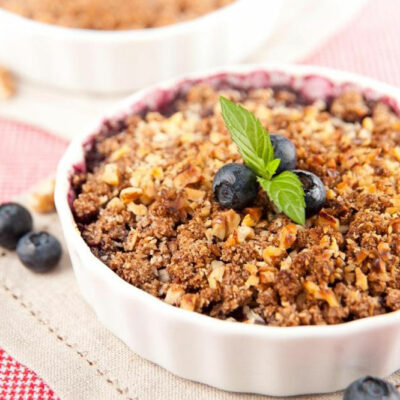
Food
5 Common Foods to Avoid With IBS
People with irritable bowel syndrome (IBS) have frequent abdominal problems like diarrhea, bloating, and cramps. One’s diet plays an important role while experiencing such discomforts. Eating foods like oats and kiwis may improve IBS symptoms. But, certain foods can do just the opposite. Few dairy products, raw vegetables and sweeteners can trigger IBS symptoms and worsen the condition. So, it’s essential that people who suffer from IBS avoid the following common food triggers. High-fiber fruits High fiber fruits can be troublesome for IBS patients. Anything that is not easily digested can worsen symptoms. Avoid apples, apricots and mangoes as they are common IBS food triggers. Add cherries, peaches, plums, bananas, and pears to this list too. Avoid having juices of these fruits too. Since the body needs nutrition, intake of other fruits is important. Try including fruits like grapes, kiwis, ripe bananas, and strawberries in your diet as these help with symptoms. Make sure these are eaten fresh. Dairy products Dairy products can trigger IBS symptoms instantly. High-fat dairy can cause diarrhea. Most people who have IBS, however, are unsure if milk is a trigger. This is because food triggers differ from person to person. IBS symptoms depend totally on the individual’s condition.
Read More 